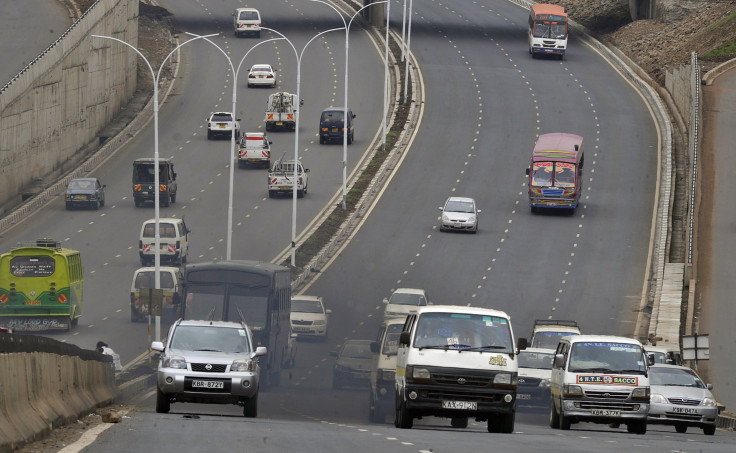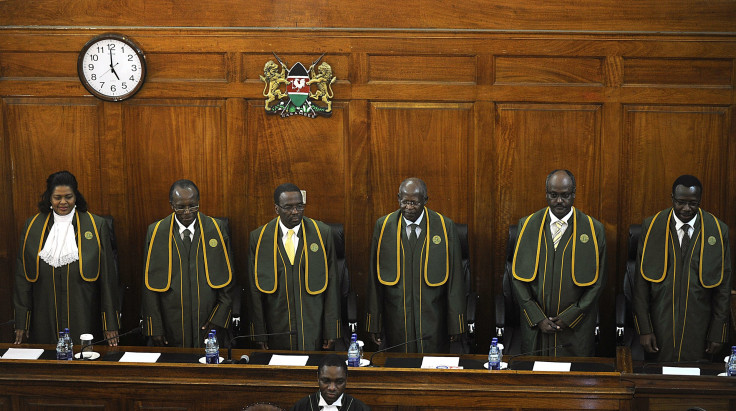Kenya Corruption: Chief Justice Uncovers Traffic Scam As Corrupt Law Enforcement Steal Billions In Taxpayer Revenues

Kenyan Chief Justice Willy Mutanga said he has uncovered an illegal “parallel court” involving police and judges who had been profiting from traffic tickets worth billions of shillings in Nairobi. The corrupt cartel targets traffic offenders who wish to avoid prosecution by paying fines and cash bails, which then line the pockets of crooked law enforcement officials and brokers, a Kenyan newspaper reported.
“This has to end. The taxpayer is losing billions in revenue through this parallel court and must be stopped,” Mutanga said in a statement obtained by Daily Nation Monday. “The few people who attend court with traffic offenses are those who have refused to pay bribes and even if they have committed some crime, they should be commended and have their cases concluded fast.”
The massive scam was revealed when a motorist filed a complaint with a Kenyan court after he paid police for a traffic ticket. The motorist was cleared for the offense in court, but couldn’t get a refund because the receipt from the police did not match up with official court records. Mutanga said Kenya’s courts would soon release a pamphlet with the official guidelines to seal off loopholes and protect motorists and taxpayers. The courts will also begin utilizing mobile money transfer services such as M-Pesa to ensure fines and bails make it to state coffers rather than the pockets of corrupt officials.

“We have realized that the police have been rubbishing the traffic guidelines, but soon we will dismantle these cartels that have turned the courts into dens of corruption,” the Kenyan chief justice said, according to Daily Nation. “As judiciary, we have already identified the gaps and we will be reaching out to the other agencies, mainly the police and prisons, where the cartels have found refuge.”
The damning revelation comes two weeks after Mutanga put several Kenyan judges on notice amid increased corruption in the courts that has been delaying cases and corroding public confidence in the judicial system. Despite Kenyan President Uhuru Kenyatta’s zero-tolerance on graft campaign, Kenya still is ranked one of the most corrupt countries in the world, according to the latest report from Transparency International, which monitors political and corporate corruption in international development.
“I have never understood why a judge, who is very well paid, enjoys security of tenure, has highly concessionary mortgage and car loan facilities, has an excellent medical cover, should indulge in a practice so demeaning at both professional and personal level,” Mutanga said, according South Africa's News24.
© Copyright IBTimes 2025. All rights reserved.





















